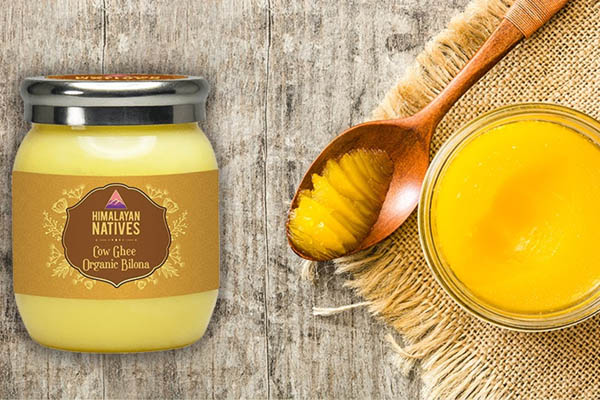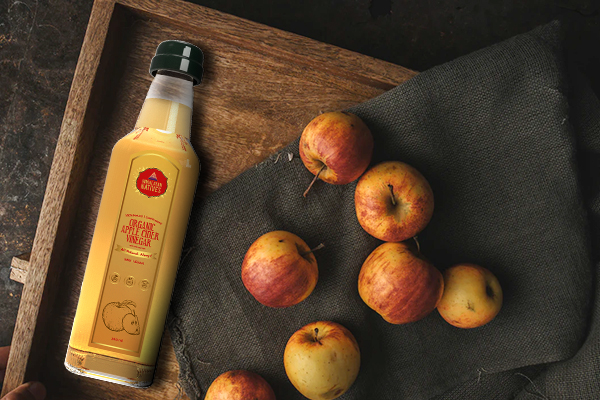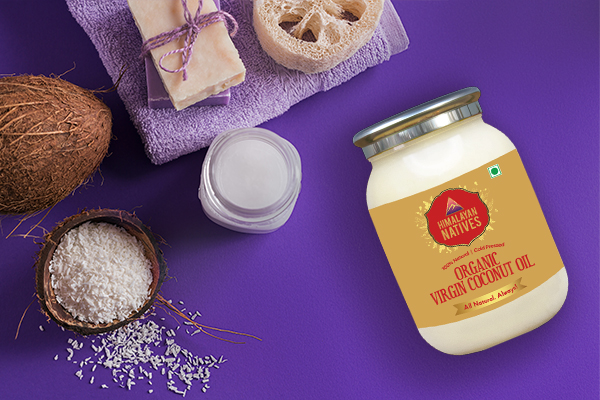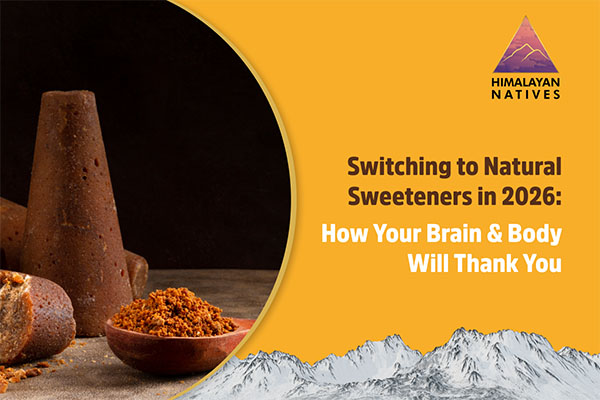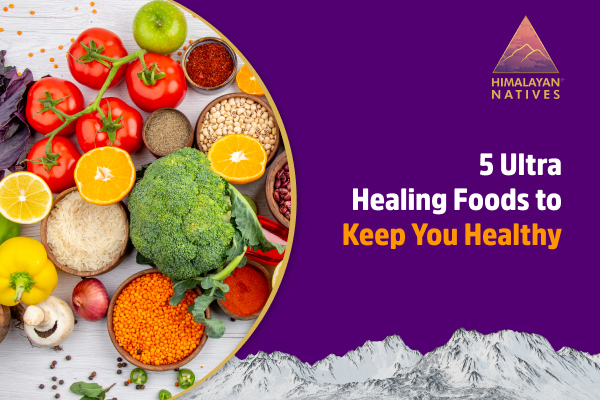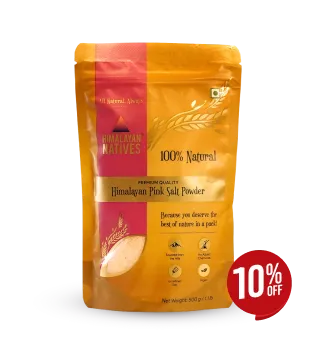
Ensuring the health of your heart is paramount for your overall health and longevity. As the primary organ responsible for circulating blood, the heart plays a vital role in delivering oxygen and essential nutrients to every cell in the body, while simultaneously eliminating waste products.
Throughout this blog, we will emphasize the critical significance of heart health, emphasizing why it's imperative to prioritize the wellness of your cardiovascular system.
We'll also delve into the realm of healthy foods that are beneficial for your heart's well-being, along with those to steer clear of to maintain optimal heart health.
Why Heart Health Matters

At the core of our body's functioning lies the heart, acting as its engine by diligently pumping blood and ensuring a steady supply of oxygen and vital nutrients to every organ and tissue.
When the heart's health falters, it can pave the way for an array of cardiovascular ailments such as heart attacks, strokes, and hypertension. These conditions stand as formidable adversaries, collectively posing a significant threat to our well-being and longevity.
Given their prevalence, it's imperative to recognize the pivotal role of nurturing a healthy heart. By incorporating heart healthy foods into our diet and prioritizing heart health, we can effectively mitigate the risk of developing cardiovascular diseases, thereby safeguarding our overall health and prolonging our lifespan.
Why it is Important to Keep Heart Healthy

Maintaining a healthy heart is not just about ensuring the proper functioning of one organ; it's about nurturing the cornerstone of our overall well-being and quality of life.
A robust heart facilitates optimal blood circulation, which in turn bolsters physical stamina, endurance, and vitality. Moreover, it's instrumental in promoting cognitive function and fostering mental well-being, contributing to a harmonious balance between body and mind.
By incorporating heart healthy foods into our diet and making heart health a priority, individuals can significantly diminish their susceptibility to cardiovascular diseases, thereby elevating their quality of life and laying the groundwork for a longer, healthier lifespan.
It is also important to incorporate good quality natural foods into your diet, and one of the easiest ways to do so is by using Himalayan Natives products. All our food products are 100% natural and made through sustainable practices.
Foods that are Great for Keeping Your Heart Healthy
1. Ghee
When used in moderation, ghee can provide healthy fats that help improve cholesterol levels and support overall heart health.
It contains conjugated linoleic acid (CLA) and butyrate, which have been shown to have various health benefits, including anti-inflammatory properties.
CLA is known for its role in reducing body fat and improving metabolic health, while butyrate supports gut health and can help reduce inflammation in the body.
Additionally, ghee is rich in fat-soluble vitamins such as A, D, E, and K, which are essential for maintaining various bodily functions and overall health.
2. Leafy Greens

Spinach, kale, and other leafy greens are nutritional powerhouses packed with essential vitamins, minerals, and antioxidants that significantly support heart health.
These nutrient-dense vegetables help reduce blood pressure and lower cholesterol levels, mitigating the risk of heart disease. The antioxidants in leafy greens also combat oxidative stress, which can damage blood vessels and lead to cardiovascular issues.
Incorporating these greens into your diet regularly can enhance overall cardiovascular health and contribute to a longer, healthier life.
3. Whole Grains

Whole grains like oats, brown rice, and quinoa are excellent sources of dietary fiber, which plays a crucial role in maintaining heart health.
The high fiber content helps lower cholesterol levels by binding to cholesterol particles and removing them from the body, thereby reducing the risk of heart disease.
Additionally, these grains help regulate blood sugar levels, preventing spikes that can lead to insulin resistance and diabetes, both of which are risk factors for heart disease.
By incorporating whole grains into your daily diet, you can promote overall cardiovascular health and improve digestive health.
4. Berries

Blueberries, strawberries, and raspberries serve as vibrant additions to a heart-healthy diet, boasting a bounty of antioxidants that offer a myriad of cardiovascular benefits.
These antioxidant-rich fruits play a crucial role in reducing inflammation, a key contributor to heart disease, while also enhancing blood vessel function and fortifying the heart against potential ailments.
Incorporating these colorful berries into your daily meals or snacks not only tantalizes the taste buds but also provides a delicious and nutritious way to support your heart's well-being, ensuring you thrive with every bite.
5. Nuts and Seeds
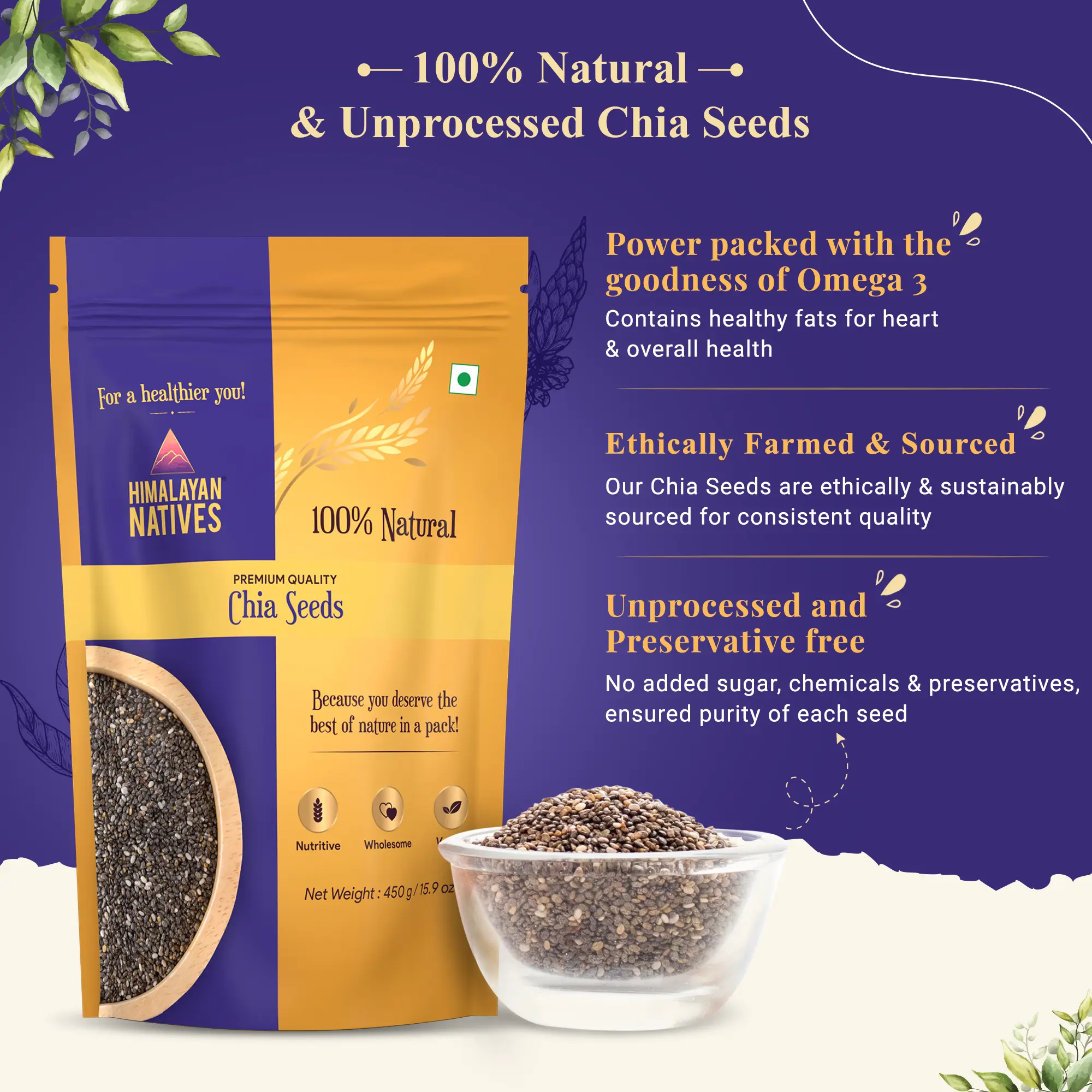
Almonds, walnuts, chia seeds, and flaxseeds stand out as nutritional powerhouses, brimming with heart-healthy fats, fiber, and antioxidants.
These nutrient-packed seeds and nuts play a vital role in promoting heart health by effectively lowering cholesterol levels and combating inflammation.
By incorporating these wholesome ingredients into your diet, you not only nourish your body with essential nutrients but also fortify your heart against potential cardiovascular risks, ensuring a healthier and happier life ahead.
Foods that are Harmful for Heart Health
1. Processed Meats
Bacon, sausage, hot dogs, and other processed meats present a double threat to heart health due to their high content of saturated fats and sodium.
These unhealthy components not only elevate cholesterol levels and blood pressure but also significantly heighten the risk of heart disease.
By steering clear of these processed meats and opting for healthier protein sources, you can take proactive steps to safeguard your heart and overall well-being, paving the way for a healthier and happier life.
2. Sugary Foods and Beverages
Indulging in sugary snacks, desserts, and beverages like soda, candy, and pastries can spell trouble for heart health.
These items not only pack on extra pounds but also contribute to insulin resistance and inflammation, both of which are significant risk factors for heart disease.
By limiting your intake of these sugary treats and opting for healthier alternatives, you can take proactive steps towards maintaining a healthier heart and overall well-being, setting the stage for a longer, more vibrant life.
3. Trans Fats
Trans fats, commonly found in fried foods, baked goods, and packaged snacks, pose a significant threat to heart health.
These harmful fats not only elevate LDL cholesterol levels but also lower HDL cholesterol levels, contributing to an increased risk of heart disease and stroke.
By avoiding foods containing trans fats and opting for healthier cooking methods and snacks, such as grilling or baking, you can safeguard your heart health and reduce the likelihood of cardiovascular complications, promoting a longer and healthier life.
4. Refined Carbohydrates
White bread, white rice, and other refined carbohydrates are notorious for their high glycemic index, which can lead to rapid spikes in blood sugar levels and insulin resistance.
These factors significantly increase the risk of heart disease by promoting inflammation, weight gain, and metabolic dysfunction.
Opting for whole grain alternatives like whole wheat bread and brown rice can help stabilize blood sugar levels, improve insulin sensitivity, and lower the risk of heart disease, ensuring better heart health and overall well-being.
Conclusion
In conclusion, maintaining heart health is essential for overall well-being and longevity. By incorporating healthy foods like fatty fish, leafy greens, whole grains, berries, nuts, and seeds into your diet while limiting or avoiding processed meats, sugary foods, trans fats, and refined carbohydrates, you can reduce your risk of developing cardiovascular diseases and enjoy a longer, healthier life.
Remember, prioritizing heart health today can lead to a healthier tomorrow. Alongside a balanced diet of healthy foods, regular physical activity, and stress management are also crucial components of heart health. Small, consistent changes can make a significant difference in your cardiovascular well-being.
If you're looking for more health related blogs, like Quinoa for Weight Loss: Healthy Recipes to help you reach your Goals you can check our blog section on the website.
Frequently Asked Questions (FAQs):
1. Do I have to follow a specific diet trend to be healthy?
Answer: No, there's no one-size-fits-all approach. Healthy eating involves a balanced and individualized diet, not necessarily conforming to popular diet trends.
2. Can I only find healthy food in specialty stores?
Answer: No, you can find nutritious options in regular grocery stores. Focus on whole, unprocessed foods like fruits, vegetables, lean proteins, and whole grains available in most supermarkets.
3. Is it necessary to count calories for a healthy diet?
Answer: Not necessarily. While calorie awareness is useful, focusing on nutrient-dense foods and mindful eating is more important for overall health.
4. Are all organic foods healthier than non-organic alternatives?
Answer: Not necessarily. While organic foods can reduce exposure to pesticides, choosing a variety of fruits and vegetables, whether organic or not, is more important than fixating solely on the organic label.
5. Can I achieve a healthy lifestyle without exercising regularly?
Answer: Regular exercise is beneficial for overall health, but a healthy diet is a crucial component. While you can improve your health with proper nutrition alone, combining it with regular physical activity provides more comprehensive well-being benefits.
For more exciting and super easy health tips, check out our Facebook and Instagram, we share those daily.
 HELPFUL0 people found it helpful
HELPFUL0 people found it helpful
Related Blogs
Subscribe to Our Blogs
and never miss on the latest update!







